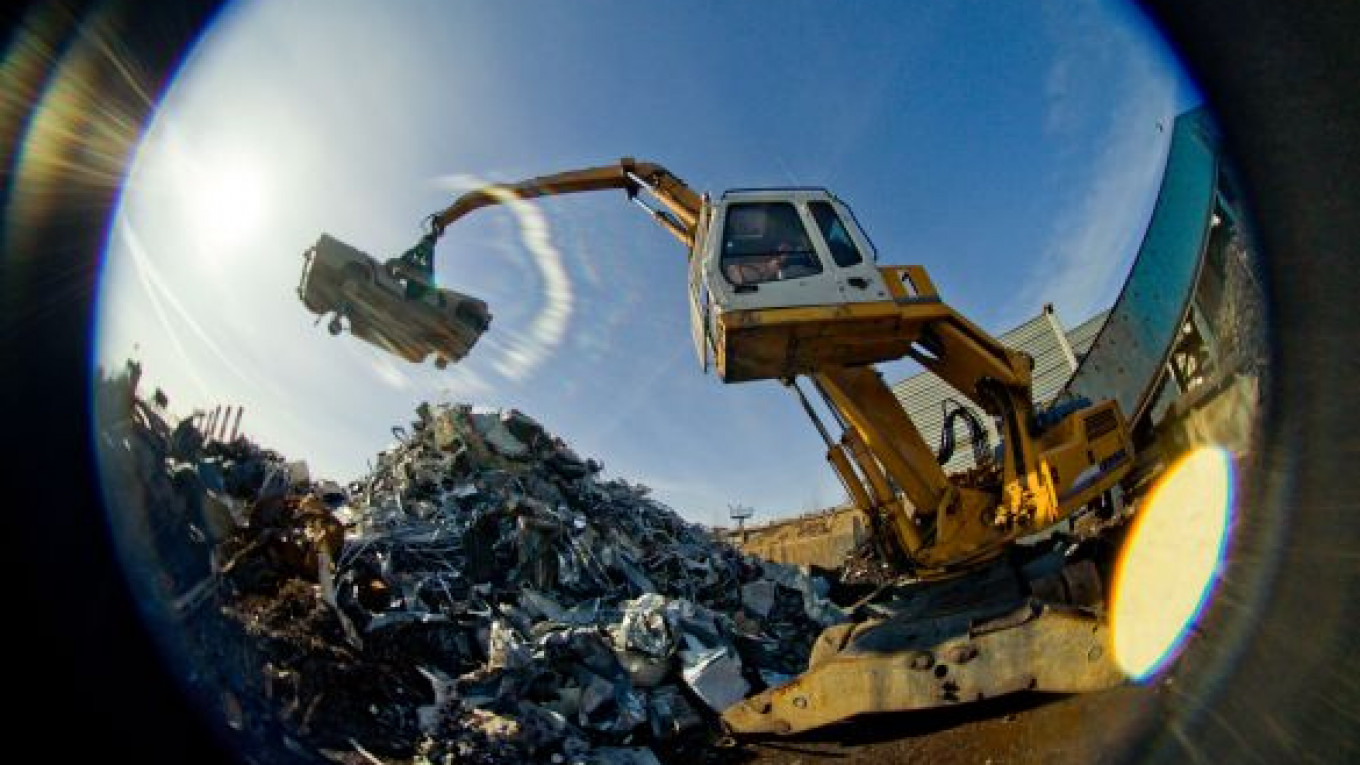Drivers will find that servicing their cars is simpler but buying a new one is slightly more expensive, under legislation passed Friday.
Among the flurry of laws Duma deputies signed off on before retiring for their summer recess last week were two pieces of automobile legislation.
One abolishes separate checkups on vehicles that undergo compulsory technical inspection at an authorized dealership.
Instead it will be sufficient to produce a certificate from an authorized dealer that the car's technical inspection is up to date.
The legislation is a finishing touch to a change in the law introduced in January that transferred responsibility for compulsory technical road-worthiness inspections from the Interior Ministry to the private sector.
The other, an amendment to the law on industrial and consumer waste, levies a salvage charge on both imported and locally produced vehicles. It is intended to cover the cost of disposal at the end of a vehicle's lifespan.
The charge, which is set to come into force by Sept. 1, will be paid directly into the federal budget.
The levy has not yet been set, but preliminary figures from the Industry and Trade Ministry and Economic Development Ministry put the base charge at 20,000 rubles ($612) to 45,000 rubles for a new car or light vehicle, and 150,000 rubles to 400,000 rubles for heavy trucks, depending on the class.
The fee is expected to raise between 20 billion rubles and 70 billion rubles annually for the federal budget, Vedomosti reported Friday. The money is meant to be spent on decommissioning old vehicles, including building infrastructure for that purpose.
Organizations that themselves assume responsibility for the safe disposal of cars at the end of their life cycle will be exempt from the charge.
Exemptions will also be given to vehicles that cross the border from Belarus and Kazakhstan as part of the Eurasian Economic Union, cars belonging to diplomats and refugees, and vehicles over 30 years old and with their original engines.
While the cost of the levy will likely be passed on to customers, industry observers say, it needn't lead to an overall price rise if it is offset by lower import duties from Russia's entry to the World Trade Organization.
A Message from The Moscow Times:
Dear readers,
We are facing unprecedented challenges. Russia's Prosecutor General's Office has designated The Moscow Times as an "undesirable" organization, criminalizing our work and putting our staff at risk of prosecution. This follows our earlier unjust labeling as a "foreign agent."
These actions are direct attempts to silence independent journalism in Russia. The authorities claim our work "discredits the decisions of the Russian leadership." We see things differently: we strive to provide accurate, unbiased reporting on Russia.
We, the journalists of The Moscow Times, refuse to be silenced. But to continue our work, we need your help.
Your support, no matter how small, makes a world of difference. If you can, please support us monthly starting from just $2. It's quick to set up, and every contribution makes a significant impact.
By supporting The Moscow Times, you're defending open, independent journalism in the face of repression. Thank you for standing with us.
Remind me later.






